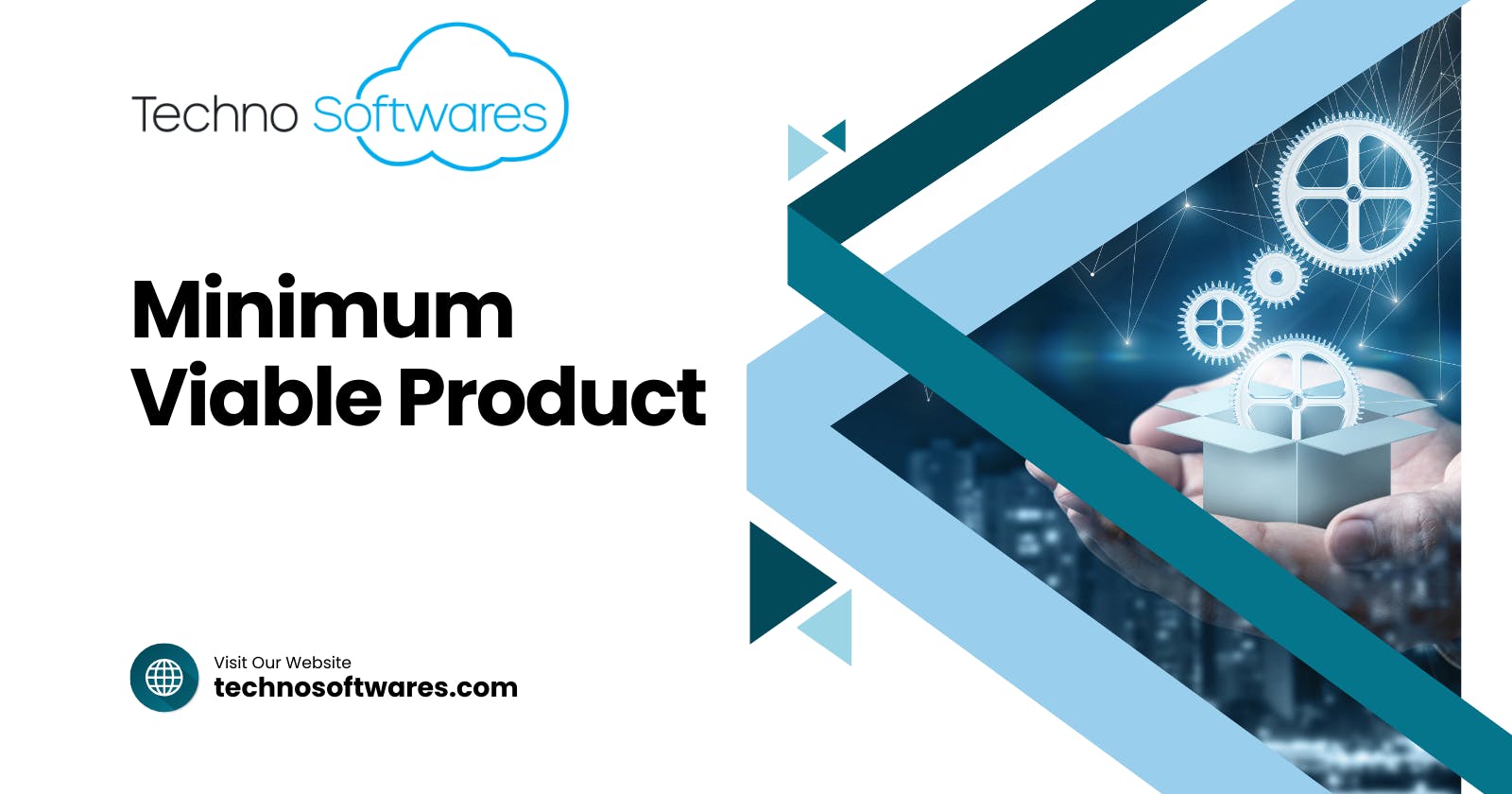Introduction:
A thought in your mind gains worth when it's utilized by people. This is often accomplished with the creation of a Minimum Viable Product, or MVP. As we roll into 2024, creating an MVP has become even more important because of stiff competition and changing customer needs. In this handy guide, we'll dig into the basics of crafting an MVP, spotlighting crucial steps and wisdom for doing well, all from a top-notch MVP making agency.
Understanding the Essence of an MVP
An MVP is the first draft of a product. It has only the key elements to solve the main issues of its intended users. Its main objective is to test theories, collect what users think, and keep improving. That way, risks go down and the product match the market better.
Key Steps in MVP Development Services
1. Market Research and Ideation:
Begin by conducting comprehensive market research to identify existing solutions, consumer pain points, and market gaps. Utilize this data to brainstorm ideas and narrow down concepts for your MVP.
2. Define Core Features:
Prioritize features based on their importance and relevance to solving the identified problem. Keep the MVP lean, focusing solely on essential functionalities that deliver value to users.
3. Develop a Prototype:
Make a model or draft of your MVP. This helps you see how it looks and works. Tools like Figma or Sketch can make this easier. They help you make changes and improvements quickly.
4. Build and Test:
Use quick and flexible creation methods to slowly construct and try out your MVP. Ask for comments from first users and beta testers to discover what needs to get better and change as needed.
Strategies for Successful MVP Development
1. Lean Approach:
Adopt a lean mindset throughout the development process, emphasizing speed, efficiency, and resource optimization. Avoid unnecessary features or complexities that can delay time-to-market and inflate costs.
2. Continuous Iteration:
Think of MVP development as a trip with several stops. In each stop, you learn from your users and the market. Then, you use what you've learned to make the next stop better. This way, your product keeps getting more valuable, step by step.
3. Customer-Centricity:
Put your audience's wants and likes first when creating your MVP. Frequently interact with users to grasp their issues, likes, and actions. This way your product is sure to connect with the people it's meant for.
Conclusion:
With tech and business always changing, creating a basic, working product is super important. Use this guide and work with an MVP Development Agency that knows what they're doing with MVPs. You'll be able to handle the tricky parts of making an MVP. You'll be all set for a win in 2024 and later years.
So, making an MVP isn't easy - you gotta plan carefully, learn from your mistakes, and stay laser-focused on making sure your target customers love it. When you're launching your MVP, don't forget to take into account not just how good your product is, but how ready you are to change and improve based on what your users are telling you and how the market’s behaving. If you attack this the right way and stay positive, your MVP could end up shaking up entire industries, wowing your users, and laying the groundwork for long-term success and fresh ideas.
